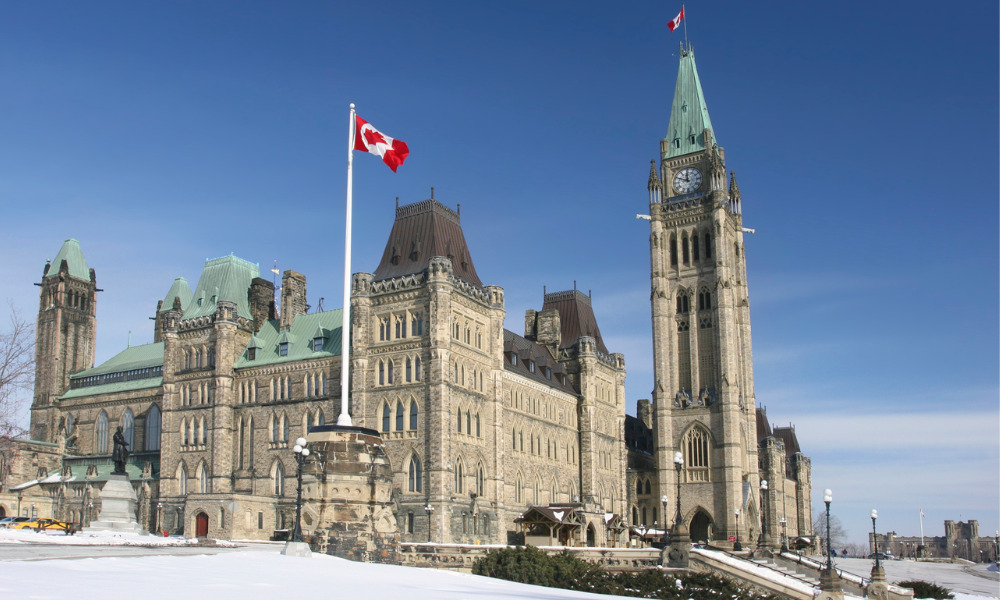'We made the CERB's eligibility criteria as broad and inclusive as possible so that workers who needed support could get it'

Ottawa has clarified what it’s looking for when it comes to repaying the Canada Emergency Response Benefit (CERB).
Self-employed individuals who applied for the benefit and qualified based on their gross income will not be required to repay it, as long as they met all other eligibility requirements.
People with net self-employment income of less than $5,000 who applied for the CERB will not be required to repay it as long as their gross self-employment income was at least $5,000 and they met all other eligibility criteria.
The same rule will apply whether the individual applied through the Canada Revenue Agency or Service Canada, says the federal government.
“When we rolled out CERB last March, it was because people needed help in the face of a global, once in a generation crisis. The pandemic isn’t yet over, so neither is our support,” says Prime Minister Justin Trudeau. “Obviously, we put forward measures to help people who are in a difficult situation. And the CERB was there to help people who are facing no revenue coming in because of the pandemic. That was extremely important at that moment.”
In October, Ottawa created three new temporary recovery benefits to support Canadians unable to work for reasons related to COVID-19: The Canada Recovery Caregiving Benefit (CRCB), the Canada Recovery Sickness Benefit (CRSB) and the Canada Recovery Benefit (CRB).
But the transition from the CERB program to employment insurance (EI) was not anticipated to go smoothly by one economist.
Trudeau also says that the CERB will be taxed properly, especially for those who took the benefit and then went back to work.
“It’s about making sure that it’s fair to everyone,” he says. “But we are giving an amnesty on people on the interest payments on repaying their CERB taxes because we know that we’re still going on this pandemic and it’s a tough time for everyone and we want to be able to support people as best we can.”
Last month, a British Columbia MP presented a petition to Ottawa calling on the government to spare those who applied for the CERB benefit through no fault of their own. The petition notes that the Canada Revenue Agency (CRA) sent out letters to 441,000 Canadians who had received the CERB, warning that they may need to repay up to $14,000 due to ineligibility.
Tax relief
The government will also provide targeted interest relief for Canadians who received COVID-related income support benefits to give them more time and flexibility to pay if they have an amount owing.
Once people have filed their 2020 income tax and benefit return, they will not be required to pay interest on any outstanding income tax debt for the 2020 tax year until April 30, 2022. Canadians should complete and submit their tax returns by April 30, 2021.
"Our government will continue to do whatever it takes, for however long it takes, to get through the current public health crisis,” says Diane Lebouthillier, minister of national revenue. “We will continue to provide support to Canadians as they tackle the many challenges of this pandemic until they are able to get back on their feet."




